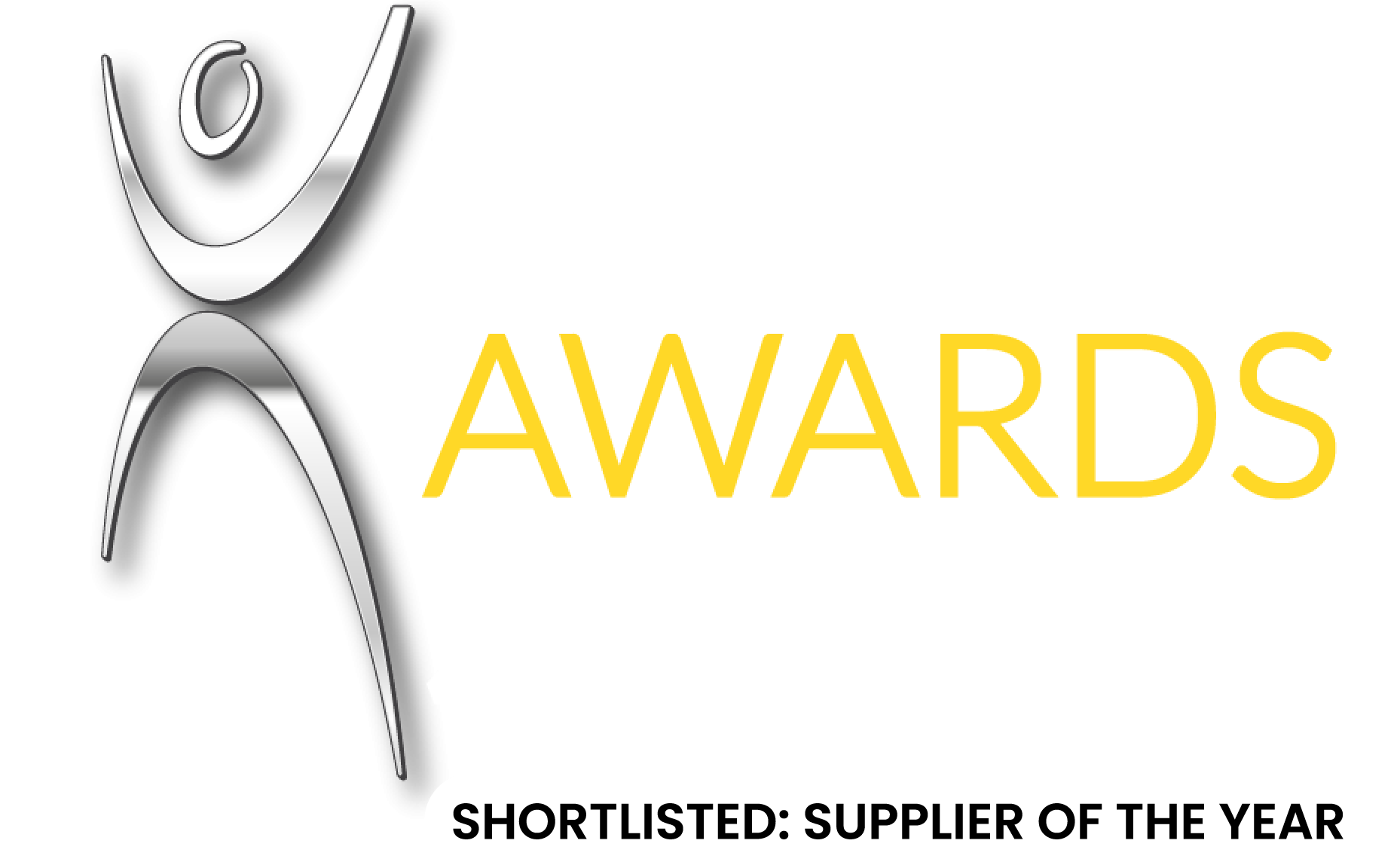1 CPD POINT
4 MODULES
60 MINS
Adverse Childhood Experiences
This course explores Adverse Childhood Experiences (ACEs) and early trauma, their impact on brain development, and how they can affect behaviour and relationships in the classroom. Across four modules, you’ll learn to recognise risk factors, apply trauma-informed approaches, and use protective strategies to support pupils and build resilience.

Primary
Secondary
SEND
Teaching Assistants
Cover Supervisors
Senior Leadership Team
What you'll learn
Understanding the impact of Adverse Childhood Experiences (ACEs) is essential for anyone working with children and young people. This course provides an in-depth look at how early trauma can shape development, behaviour and wellbeing, while also highlighting the role practitioners can play in offering support. Across four modules, you’ll explore the science behind brain development and stress responses, examine how ACEs can affect learning and relationships, and discover protective factors that help build resilience. The course also introduces trauma-informed approaches that can be applied both in the classroom and across whole-school practice, equipping you with strategies to create a safe and supportive learning environment.
Show more
Warning: The content within this course deals with sensitive and on occasion difficult topics around safeguarding and as a result may cause you to trigger some feelings or emotions that are upsetting. Due to the nature of safeguarding training these topics need to be discussed. There may be lists or examples given of categories of early childhood trauma, including sexual and physical violence and neglect. Please feel free to leave the course if a particular subject triggers you and seek help and support when necessary.
Course content
This course is separated into four modules of learning:
Module One: ACEs and Early Trauma
Module One covers adverse experiences that can have an impact on a child’s development, their response to stress and the different categories of ACEs, as identified in initial studies. It will also discuss further categorisation added in more recent studies, along with methods to identify the risk factors for ACEs.
Module Two: Brain Development in the Early Years
This module explains the importance of healthy brain development in a child’s early years and explores the attachment theory and the impact on the practitioner. It will also discuss the impact of toxic stress on child development and normal and adverse stress responses.
Module Three: Impact of ACEs on Pupils and Protective Factors
This module will cover an approach to better identify pupils who are likely to be adversely affected by ACEs and toxic stress. It will also discuss the impact on childhood adversity and possible repercussions for behaviour and relationships in the classroom, along with protective factors and the role of a practitioner in the lives of children impacted by ACEs.
Module Four: ACEs Through a Trauma-Informed Lens
This final module will describe how to look at adverse childhood experiences through a ‘trauma-informed lens’ while understanding a range of trauma-informed approaches to school-wide support and individual approaches. Finally, it will explore trauma-aware behaviour management strategies and building resilience as a strong supporting strategy.

Academize Ltd is a registered company in England and Wales trading as Academize.
Our Policies
Tel: 0330 390 4139
Email: enquiries@academize.co.uk
Our Policies
Tel: 0330 390 4139
Email: enquiries@academize.co.uk
Our accreditations





Copyright © 2025
